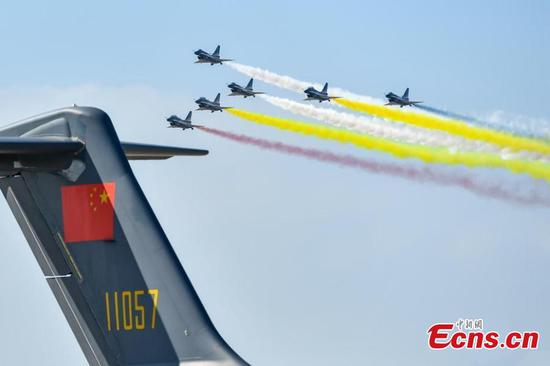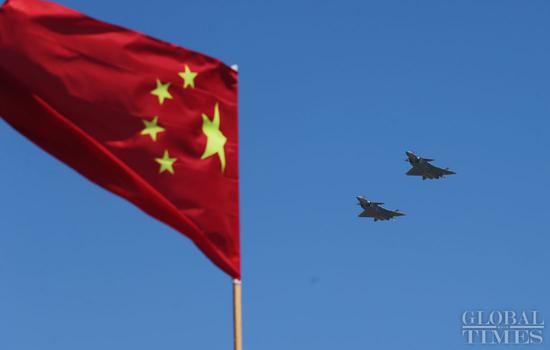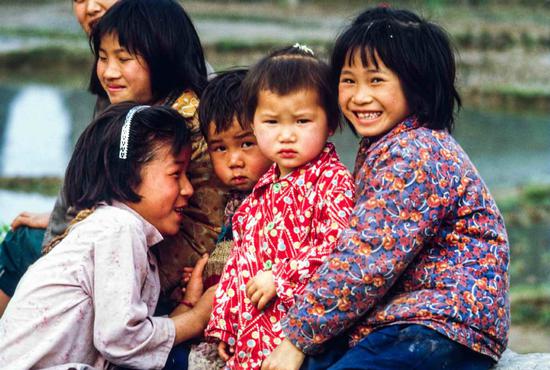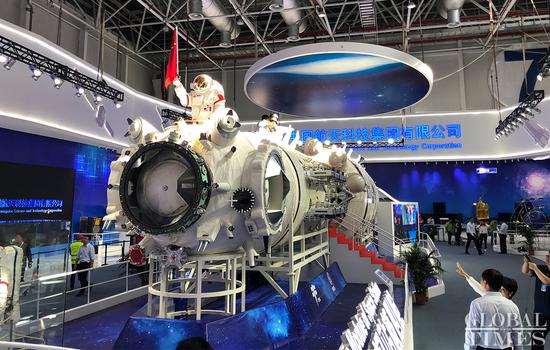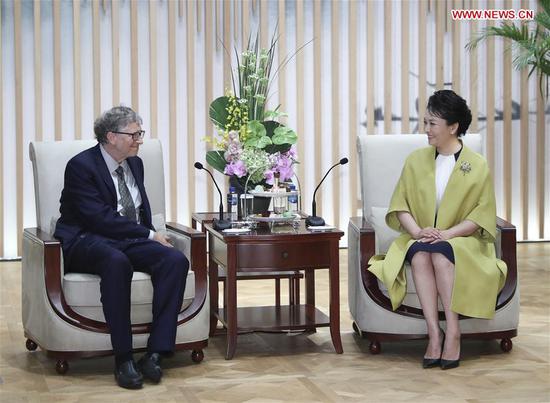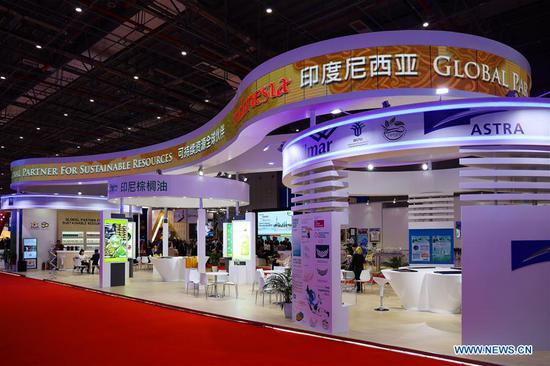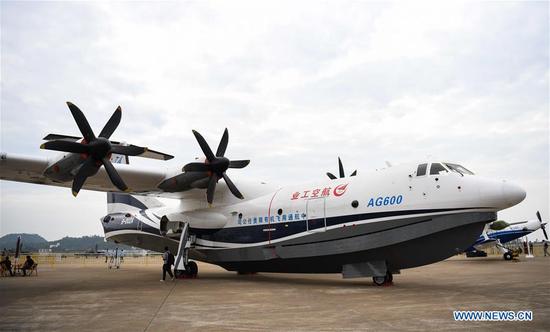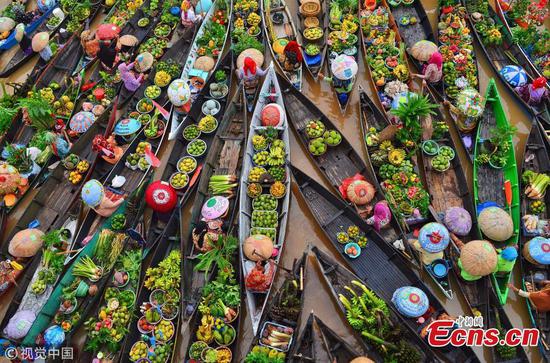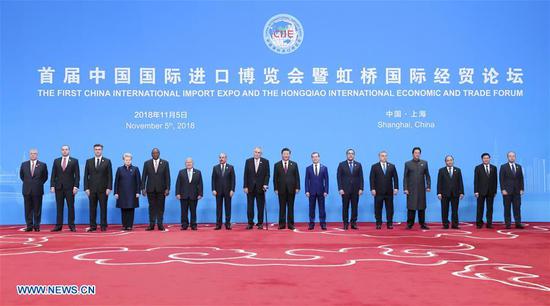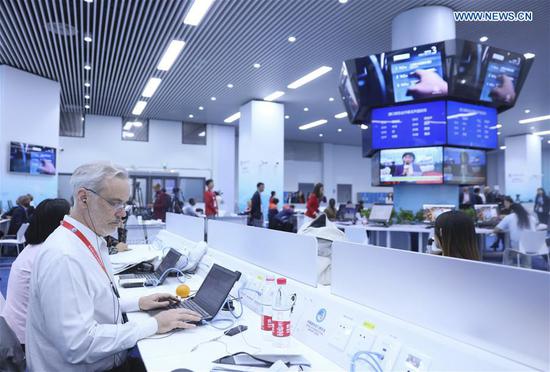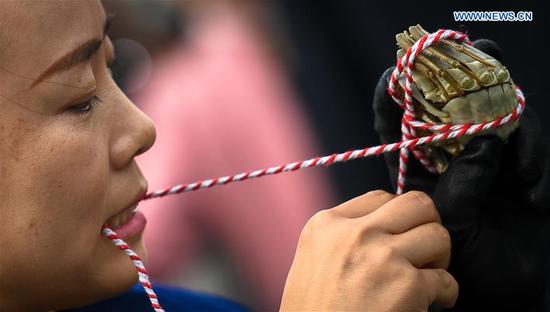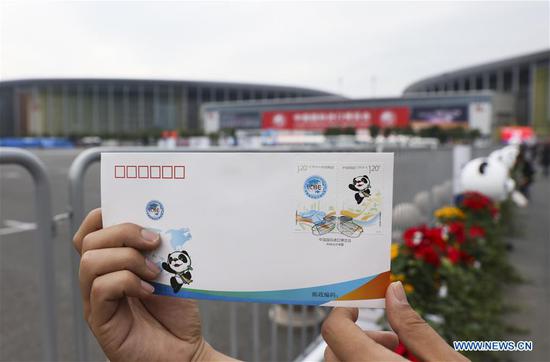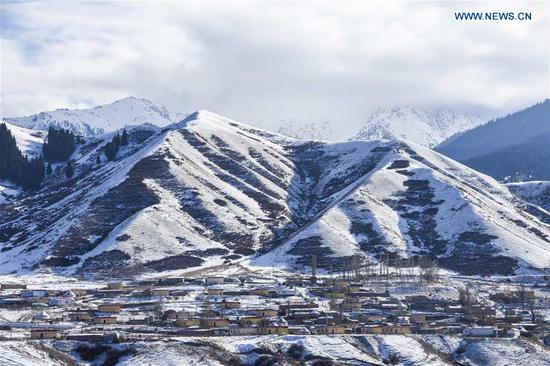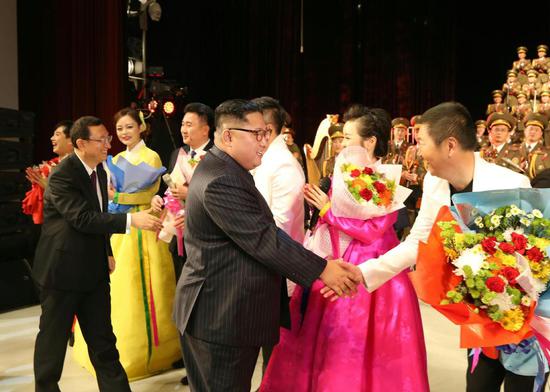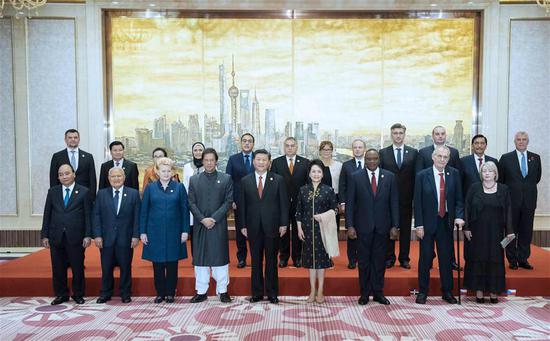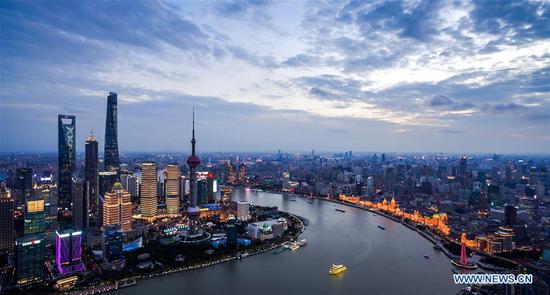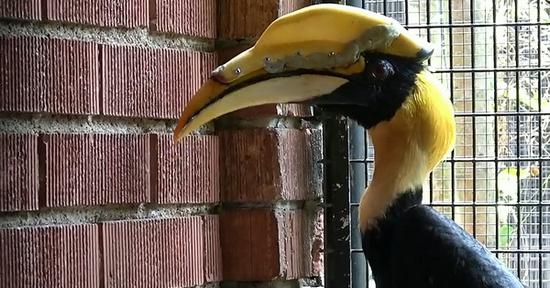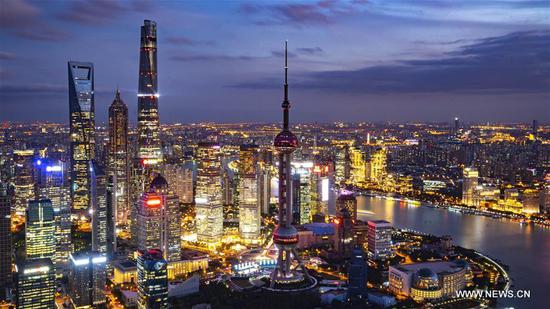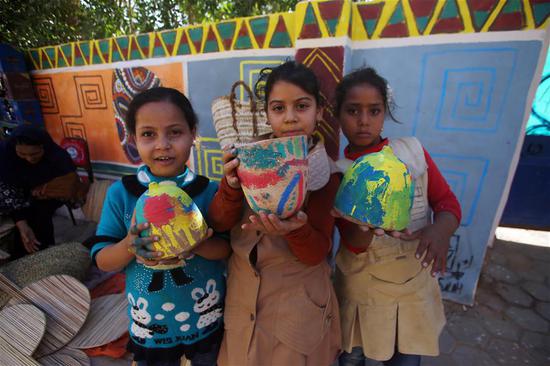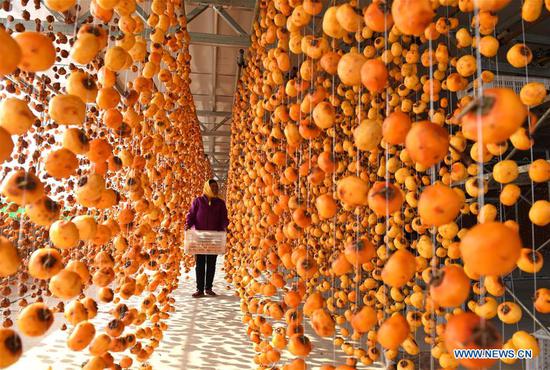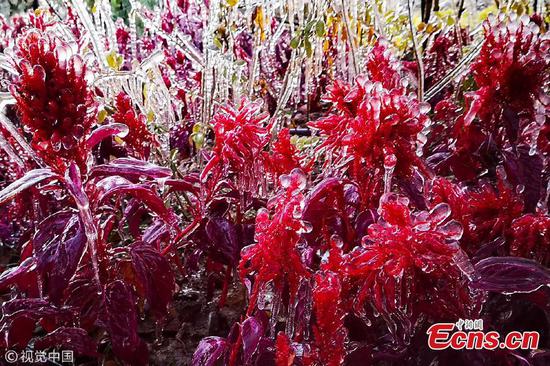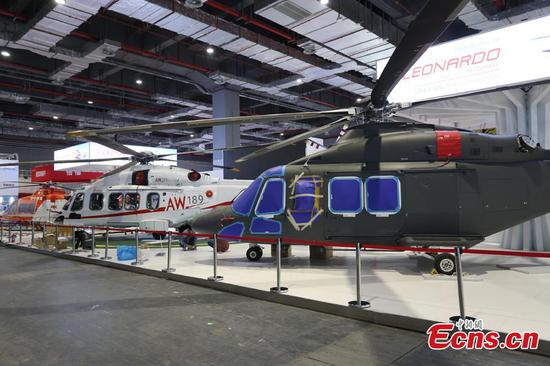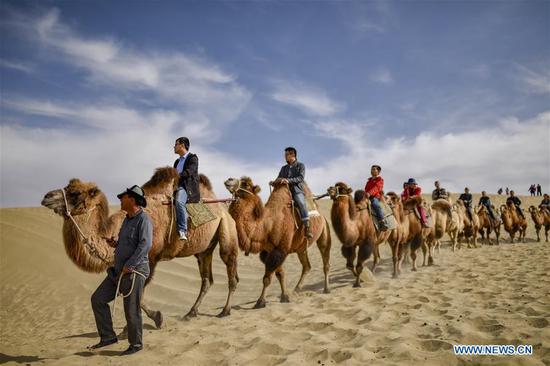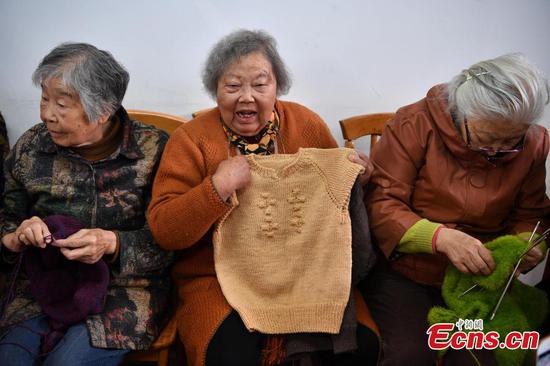Africa should use the first China International Import Expo (CIIE) to ease the various barriers that have been hindering the continent from penetrating potential markets across the developed part of the world, Ethiopian scholars and business executives have said.
Costantinos Bt. Costantinos, who served as an economic adviser to the African Union and the United Nations Economic Commission for Africa, told Xinhua on Monday that "the entire world will be in China for the International Import Expo" held in Shanghai on Nov. 5-10.
"Africa is a poor continent but it is actually one of the wealthiest continents in the world in terms of natural resources," Costantinos said, adding that "many countries in Africa contain rich reserves of valuable minerals like cotton, diamonds, gold, and bauxite, as well as other valuable commodities like oil, gas, and timber."
Noting that poor countries often suffer from "a development vicious circle," which is attributed to the predominance of subsistence production inhibiting accumulation of savings, Costantinos stressed that barriers from entering markets across the developed world have slowed down the performance of Africa's export sector.
Costantinos, also professor of public policy at the Addis Ababa University in Ethiopia, urged African businesses to acclimatize with the Chinese market and businesses so as to address long-term challenges in gaining access to the global market.
The CIIE, which mobilized tens of thousands of Chinese companies to buy imported goods and create ties with foreign companies, is another "good opportunity" for businesses from the African continent, he said.
Ethiopia's delegation, comprising representatives from various government agencies, would primarily showcase the country's potential in agriculture, agribusiness, agro-processing, manufacturing, tourism as well as trade, according to the Ethiopian Ministry of Trade.
Costantinos urged Ethiopian participants at the CIIE to grab more export opportunities among Chinese consumers for Ethiopia's two major export commodities, coffee and sesame, and to explore potential in the Chinese market for products from Ethiopia's many industrial parks.
The expert's comments were also shared by many members of the Ethiopian business community, who hoped that the CIIE would further boost Ethiopia's presence in the Chinese market, mainly for products in the agricultural sector.
"The Chinese market is very important for Ethiopia's major export commodities such as sesame," Haile Berhe, president of Ethiopian Pulses, Oilseeds and Spices Processors-Exporters Association (EPOSPEA), told Xinhua recently.
The EPOSPEA, which exported about 70 percent of Ethiopia's sesame to China in the past decade, has also pledged to maintain and further strengthen the relationship between its members and their Chinese counterparts.
"Our association, with more than 130 active members, has encouraged our members to participate in the CIIE as well as other trade fairs and expos so as to assess opportunities that are available in linking with our Chinese counterparts," he added.
Ethiopia, which earned a record 866 million U.S. dollars from coffee export during the 2016-2017 fiscal year, expects to earn more from coffee by increasing its share in the Chinese market.
Alfoz Plc, one of the leading Ethiopian agro-processing companies engaged in coffee harvest, processing and export, is one of the high-profile private firms at the CIIE.
"We believe that the CIIE is an ideal opportunity for us to meet with potential Chinese counterparts who would collaborate with us in order to effectively explore the Chinese market," Yohanis Addis, Alfoz Plc's sales and marketing manager, told Xinhua.











